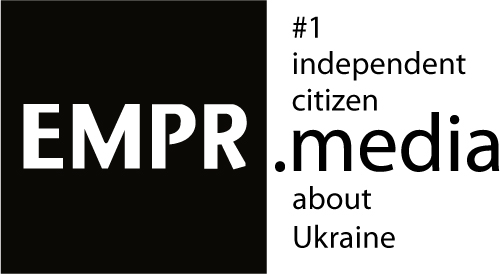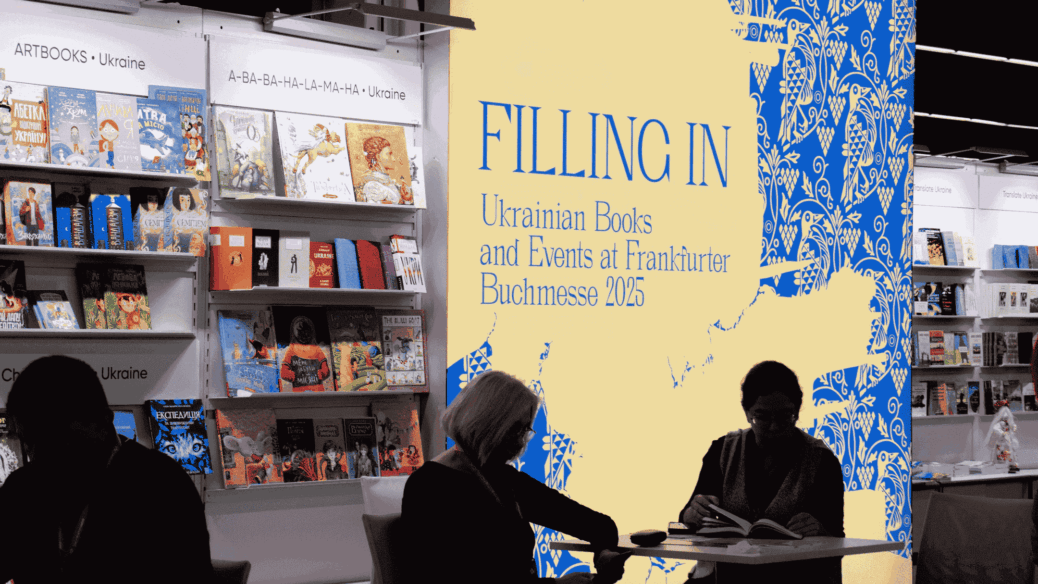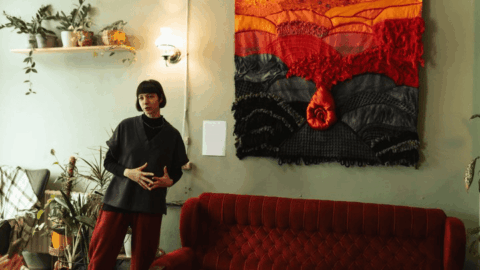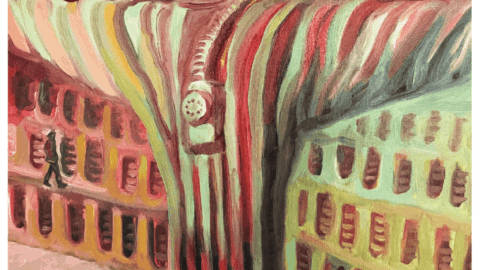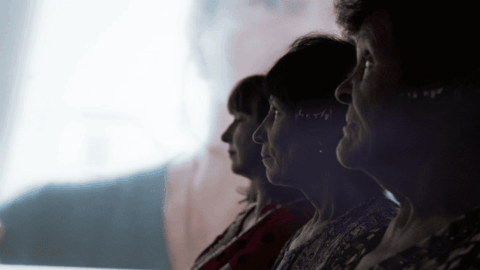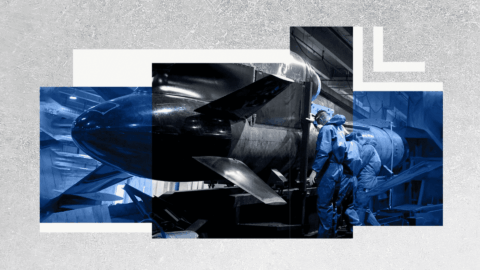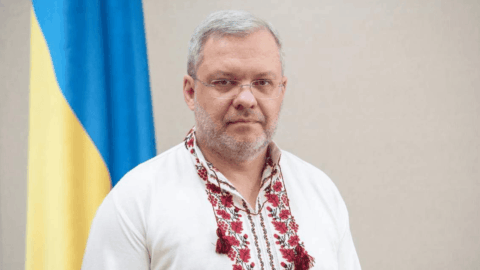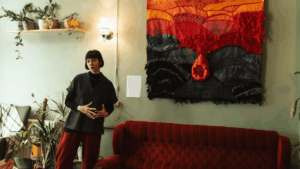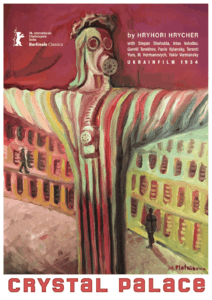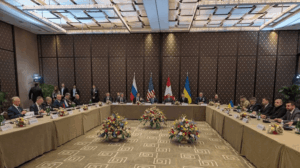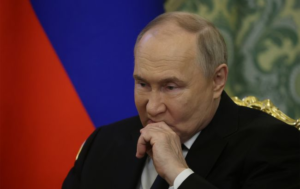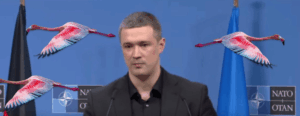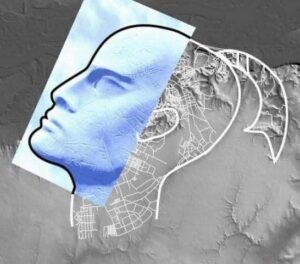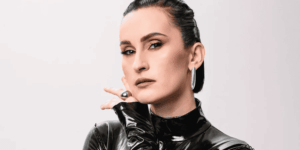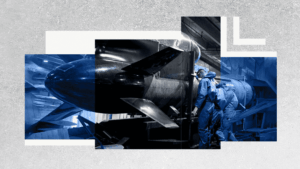Ukraine presents its national stand “Filling in” at the Frankfurt Book Fair, showcasing over 300 books, events with authors, and promoting translations and cultural dialogue.
On October 14, the official opening of the Frankfurt Book Fair — one of the largest literary festivals in Europe — took place in Germany.
Ukraine will have a national stand at the fair with the focus theme “Filling in.” It will feature more than 300 books from 38 publishers, as well as around 30 events with the participation of Ukrainian authors, translators, journalists, intellectuals, and public figures.
Suspilne Culture spoke with the teams of the Ukrainian Book Institute and the Goethe-Institut Ukraine, who developed the program for Ukraine’s national stand. We tell how Ukraine’s messages at Frankfurt have changed this year — and how the perception of our country at the festival has evolved in recent years.
About Ukraine’s National Stand at the Frankfurt Book Fair
The Ukrainian national stand is located in Pavilion 4.1 F79/80. The opening took place at 11:00 a.m. on October 15.
This year’s focus theme for Ukraine at the fair is “Filling in.”
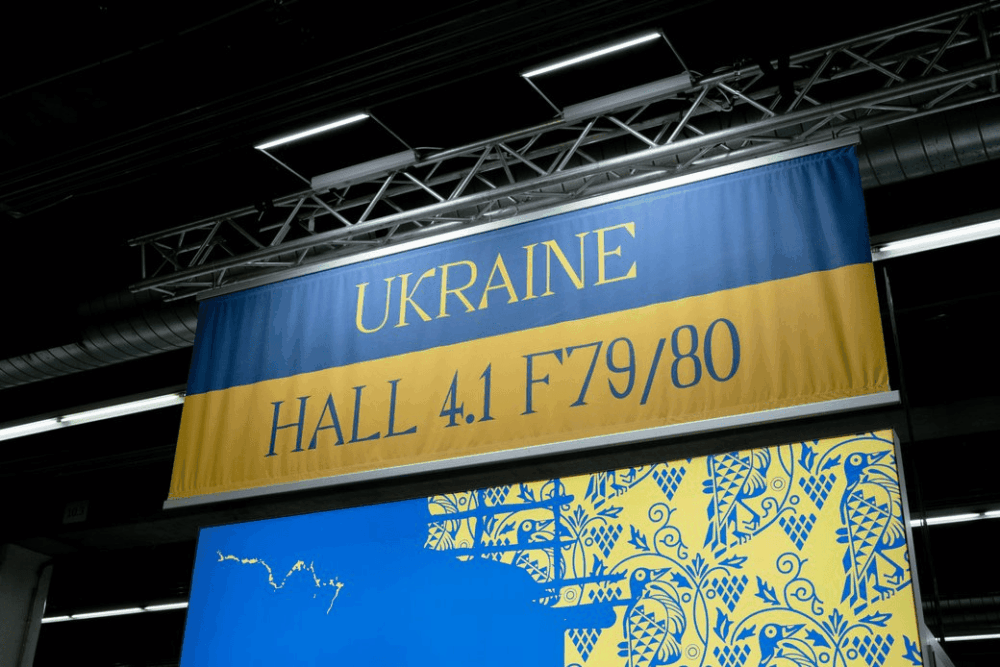
The Ukrainian Book Institute explains that the concept reflects the aspiration to fill the gaps on the European cultural map: to present foreign translations of Ukrainian classics, highlight new dimensions of Ukrainian literature and history, and promote a deeper understanding of Ukraine’s geography and cultural heritage.
The design of the national stand was developed in cooperation with Cultural Forces and is based on the ornaments created by artist Vasyl Krychevsky.
Thirty-eight Ukrainian publishers will present their selections at the festival. Creative Women Publishing will have a separate stand as the winner of the Chytomo award. The Mystetskyi Arsenal will also have its own stand dedicated to the concept “Everything Between Us Is Translation,” which was the central theme of the 13th Book Arsenal.
In addition, in 2025, the Frankfurt Book Fair, together with the Book Arsenal and the Goethe-Institut Ukraine, will for the fourth time hold a special program for publishers from Ukraine and neighboring countries. The program aims to provide professional training and facilitate the exchange of experience between publishers and literary agents, and has been running since 2022 with the support of the German Federal Foreign Office.
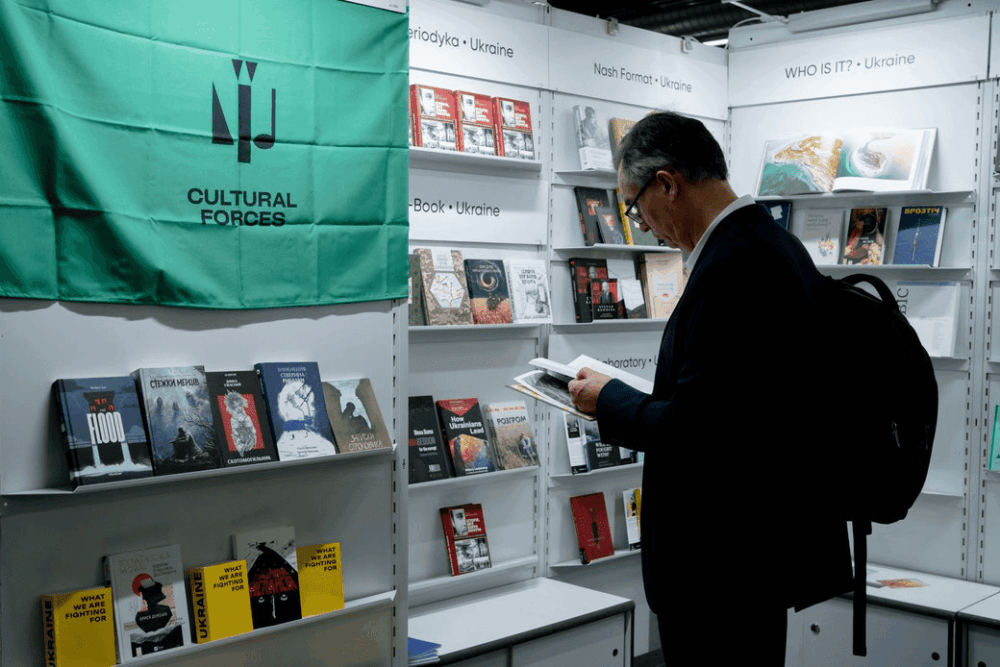
How Ukraine’s Messages and Perception at the Festival Have Changed
The Ukrainian Book Institute emphasizes that the interest in Ukraine at international book events has somewhat transformed. While in 2022–2023 it surged sharply due to Russia’s full-scale invasion, today Ukraine increasingly draws attention not because of the war, but thanks to the quality of its writing, strong authorial voices, and consistent work in cultural diplomacy.
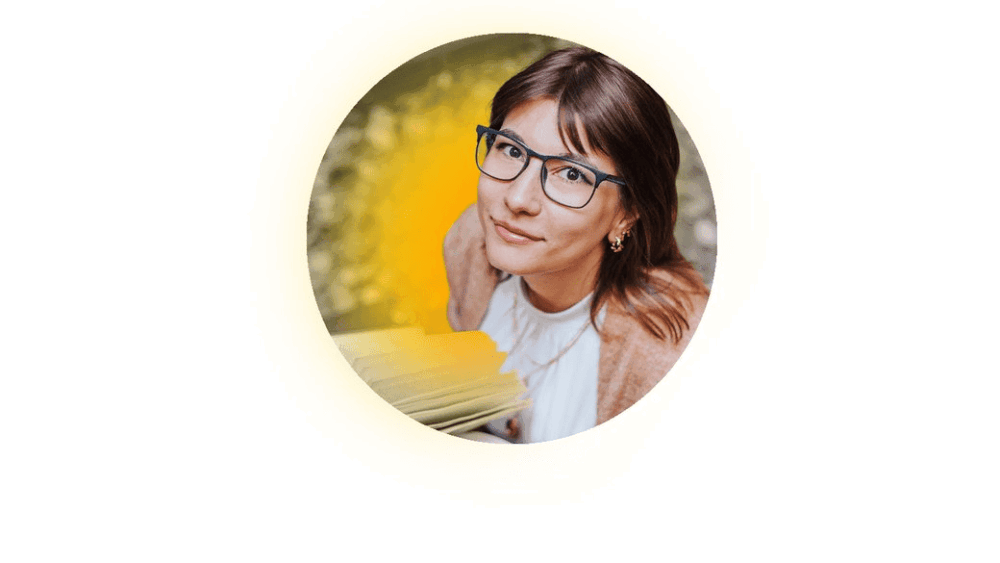
Head of the Communications Department at the Ukrainian Book Institute, Tetiana Petrenko, noted:
“Of course, reaching the level of recognition enjoyed by authors such as Andriy Kurkov or Serhiy Zhadan requires years of systematic work: more translations, more appearances of Ukrainian authors at major international venues such as Frankfurt, London, or Bologna, reviews in influential media, and the inclusion of Ukrainian literature in academic programs. It’s a multifaceted, routine effort that must not stop.”
Each year, the Ukrainian Book Institute defines a new focus theme for the Frankfurt Book Fair, while maintaining consistency in the main direction — reflecting on Ukrainian culture through the themes of memory, continuity, and decolonization. Previous themes, “The Fragility of Existence” and “The Return of the Voice,” along with this year’s “Filling in,” form a single narrative: they are about filling the “blank spots” in knowledge about Ukraine and removing layers of Russian propaganda.
“Ukraine has ceased to be a terra incognita for the world. Yet there are still many blank spots on our cultural map — both for us and for foreigners. As Stus wrote, Ukrainians lack cultural continuity and are constantly forced to rediscover their own culture. Today, we are witnessing another turn of this rediscovery,” said Tetiana Petrenko.
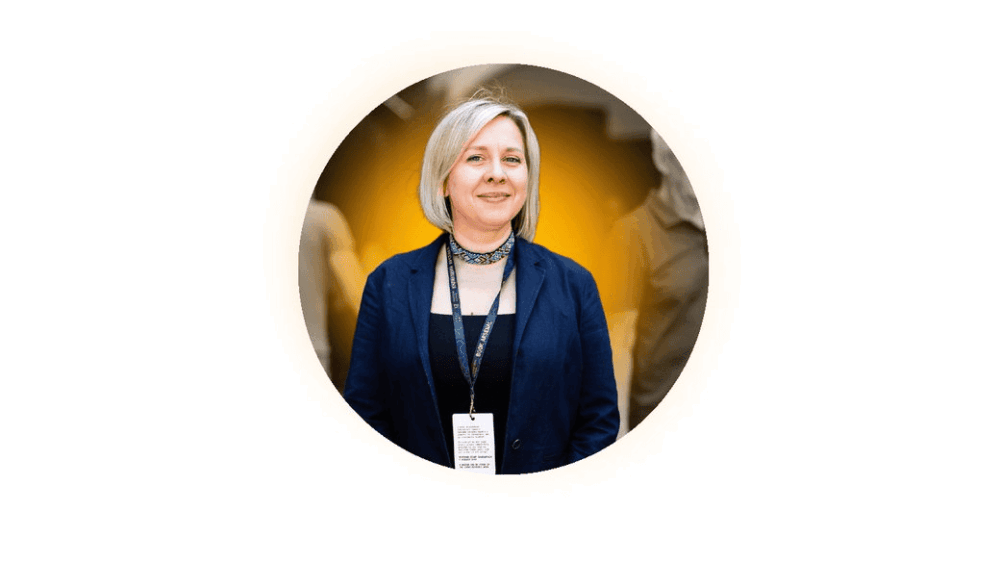
Maria Shubchyk, co-coordinator of the Goethe-Institut Ukraine program, also speaks about the gradual change in international perception.
According to her, the Frankfurt Book Fair serves as a “litmus test” for the mood of European society.
“If in 2023, due to the events in the Middle East, we felt a certain decline in attention to the Ukrainian topic, then in 2024, the seeds planted earlier began to bear fruit. Among visitors to the stand and participants of the events, there has been a deeper understanding of context, as well as a more focused interest in Ukraine itself — its literary canon, language, and contemporary authors. The interest has stopped being merely a reaction to the war and has begun to take shape as a lasting engagement with culture,” said Shubchyk.
The Goethe-Institut joined the Ukrainian program in Frankfurt immediately after the start of Russia’s full-scale invasion — a step that was unprecedented for a German cultural institution.
At that time, the main goal was to make the Ukrainian voice sound loud and clear. Now, the Goethe-Institut Ukraine aims for the Ukrainian platform to evolve from a space “about Ukraine” into one of genuine dialogue with the international community.
Shubchyk emphasizes that it is crucial for discussions with Ukrainian authors to include questions from German moderators — the same questions that potential European readers ask themselves as they seek not just information, but understanding:
“Every year, together with all co-organizers of the program, we search for the right words — vivid, precise formulations — to convey the experience of living, working, and creating during the war. While at first, these were mostly messages of shock, pain, and resistance, today we continually emphasize that Ukrainian literature is an equal voice among European literatures — one that speaks of the universal through its unique experience. We are leading a conversation, inviting the world to listen and respond.”
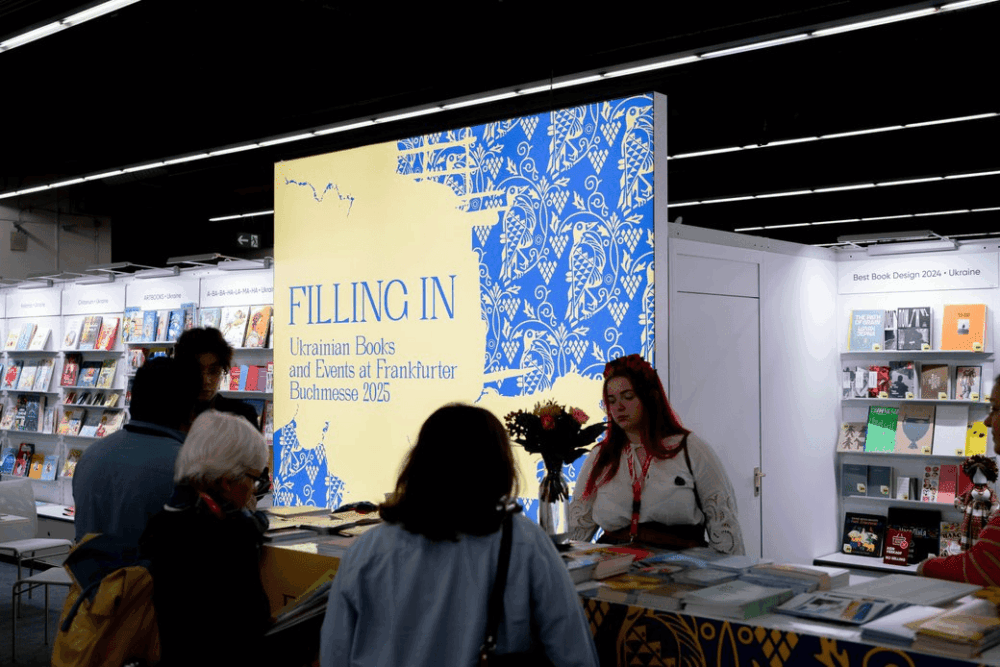
The Role of Translation
Maria Shubchyk from the Goethe-Institut draws attention to the importance of translations — particularly into the language of the country hosting the Frankfurt Book Fair. This is essential for ensuring that Ukraine remains present on Germany’s literary map.
“To make sure that an author leaves a mark on the consciousness of the German reader, we need to do the simplest yet most important thing — give people the opportunity to hold a book in their hands, read it, and take it home,” says the Goethe-Institut program co-curator.
Last year, for the first time, the Goethe-Institut organized the sale of Ukrainian books translated into German at the stand — and they sold out with lightning speed. According to the institution, this was a very telling moment: there is clear demand and audience readiness, so we should build on this momentum by ensuring that Ukrainian books are present not only in discussions and on stages, but also in German bookstores, libraries, and on readers’ shelves.
This year, quite a number of translations from Ukrainian were prepared for the Frankfurt Book Fair — including works by Andriy Lyubka, Halyna Kruk, Oleksandr Irvanets, Maksym Eristavi, Mariam Naiem, Yaryna Chornoguz, Maksym Kryvtsov, and Viktoriia Amelina.
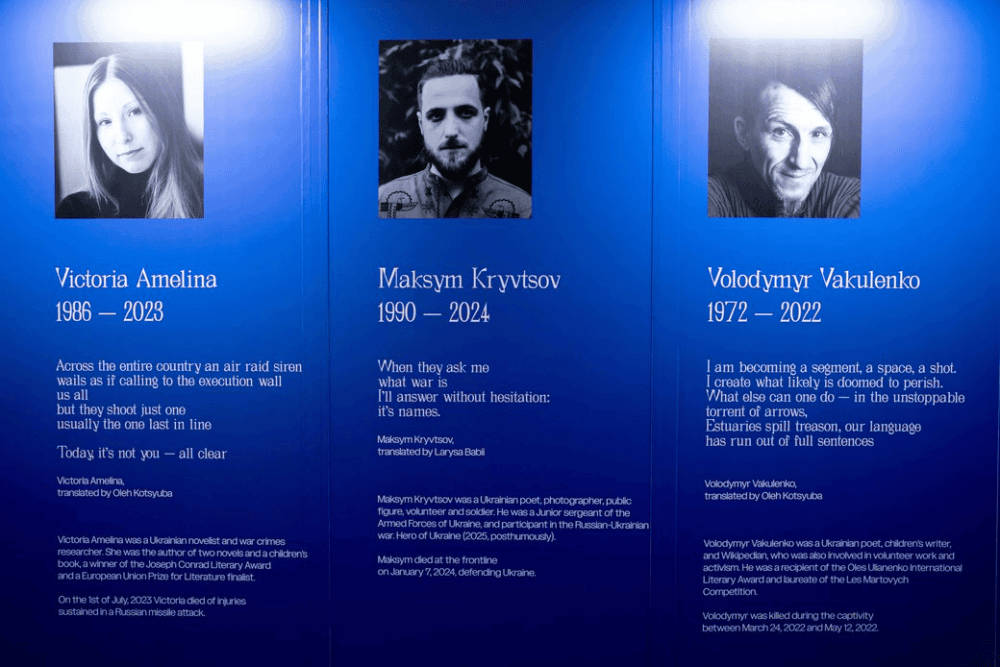
“We expect that Frankfurt this year, too, will set in motion those crucial gears and mechanisms that will help Ukrainian literature integrate even more deeply into the European literary market. Because once the pavilions are dismantled, the real work begins — translations, promotion, and engagement with reading communities. Frankfurt is not a showcase; it’s a mirror that allows us to see where we currently stand and how much work lies ahead,” concluded Maria Shubchyk.
The Ukrainian Book Institute adds that without the translation and reinterpretation of Ukrainian classics, there can be no true Ukrainian studies or development of new generations of scholars abroad. In this direction, the Ukrainian Book Institute — which funds translations under the Translate Ukraine program — and the Ukrainian Institute — which supports the advancement of Ukrainian studies — are actively working.
How the Program Is Shaped to Resonate with International Audiences
Among the main events of this year’s Ukrainian program is the poetic performance “Echo,” created in collaboration with the literary agency OVO and performed by Olena Herasymiuk and Pavlo Matiusha. The performance centers on ten poetic texts dedicated to artists who were killed or went missing.
This year, the Ukrainian program in Frankfurt also includes discussions on the role of authors in times of war, fear, and loss. According to the Ukrainian Book Institute, these themes resonate with neighboring countries as well, which “share similar feelings that drive us to unite and support one another.”
“Many conversations on international platforms focus on artificial intelligence. That is undoubtedly relevant, but against the backdrop of the real tragedy of war, AI seems like a technological toy. The real problem in our reality is the loss of bearings, weakness, and the propaganda machine of our enemies. If AI is involved, it is only as a tool,” emphasizes Tetiana Petrenko.
It is worth noting that, according to Chytomo, the Russian publisher Eksmo is participating in the fair for the second time since 2022. At the same time, there is no national stand for Russia, as organizers have refused cooperation with Russian state structures since 2022.
The personal stories of Ukrainian participants also have a significant impact on how Germany perceives Ukraine. Last year, the program of the Ukrainian stand at the Frankfurt Book Fair featured former Kremlin political prisoner of Crimean Tatar origin, Nariman Dzhelyal — just a few months after his release.
As Maria Shubchyk recounts, the German moderator was initially concerned about whether the conversation might be too traumatic for him. However, the meeting became one of the most emotional events in the program: the audience listened in complete silence, and a well-known television host who moderated the event promised to record a podcast with Dzhelyal so that even more Germans could learn his story.
Tags: cultural diplomacy EMPR.media frankfurt book fair international book festival Ukraine culture Ukrainian authors Ukrainian literature